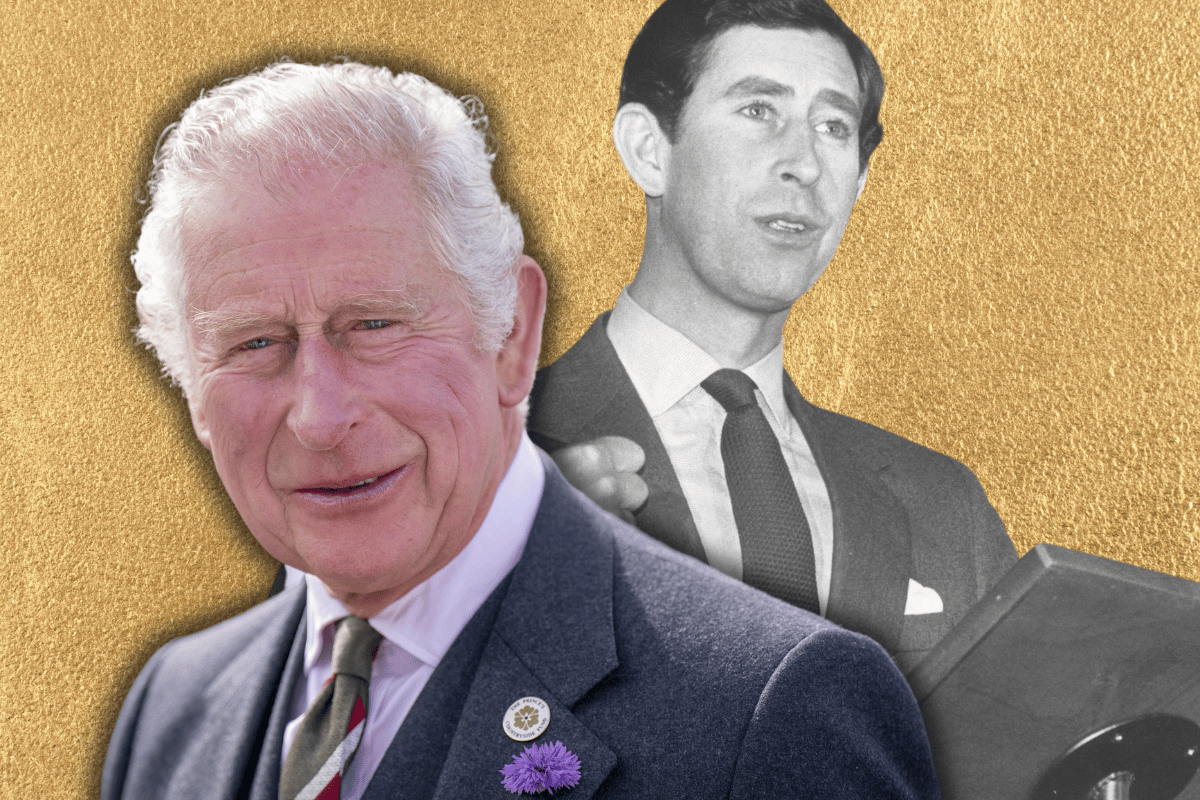
Prince Charles Philip Arthur George of Edinburgh.
Prince Charles of Wales.
And Duke of Cornwall, Duke of Rothesay, Earl of Carrick, etc. etc.
While he has been bestowed with various official titles over the years, none is greater than his latest:
King Charles III – King of the United Kingdom, and 15 Commonwealth realms.
But beneath the pomp and honorifics is just a man, complete with complexity and nuance.
And a story.
A sensitive boy.
Born on November 14, 1948, King Charles was the first child of then-Princess Elizabeth and Philip, Duke of Edinburgh. It wasn’t until he was four-years-old that his mother ascended the throne following the death of his grandfather, Bertie - AKA - King George VI.
It has been well documented that much of Prince Charles’ childhood was tainted by loneliness. With his father, an officer in the Royal Navy, stationed in Malta from 1949 to 1951, the Queen was also largely absent from the young prince, opting to spend more time with her husband instead.
The emotional distance between Charles and his parents was heart-achingly apparent upon the return of the Queen and the Duke to England following their six month Commonwealth tour.
Charles was five years-old, and his younger sister Anne, just three.
They were greeted by their parents with handshakes.
But affection was found from his maternal grandmother, the Queen Mother with whom he spent quality time. She gave him the hugs he desperately craved, writes Charles' US biographer, Sally Bedell Smith in Vanity Fair.

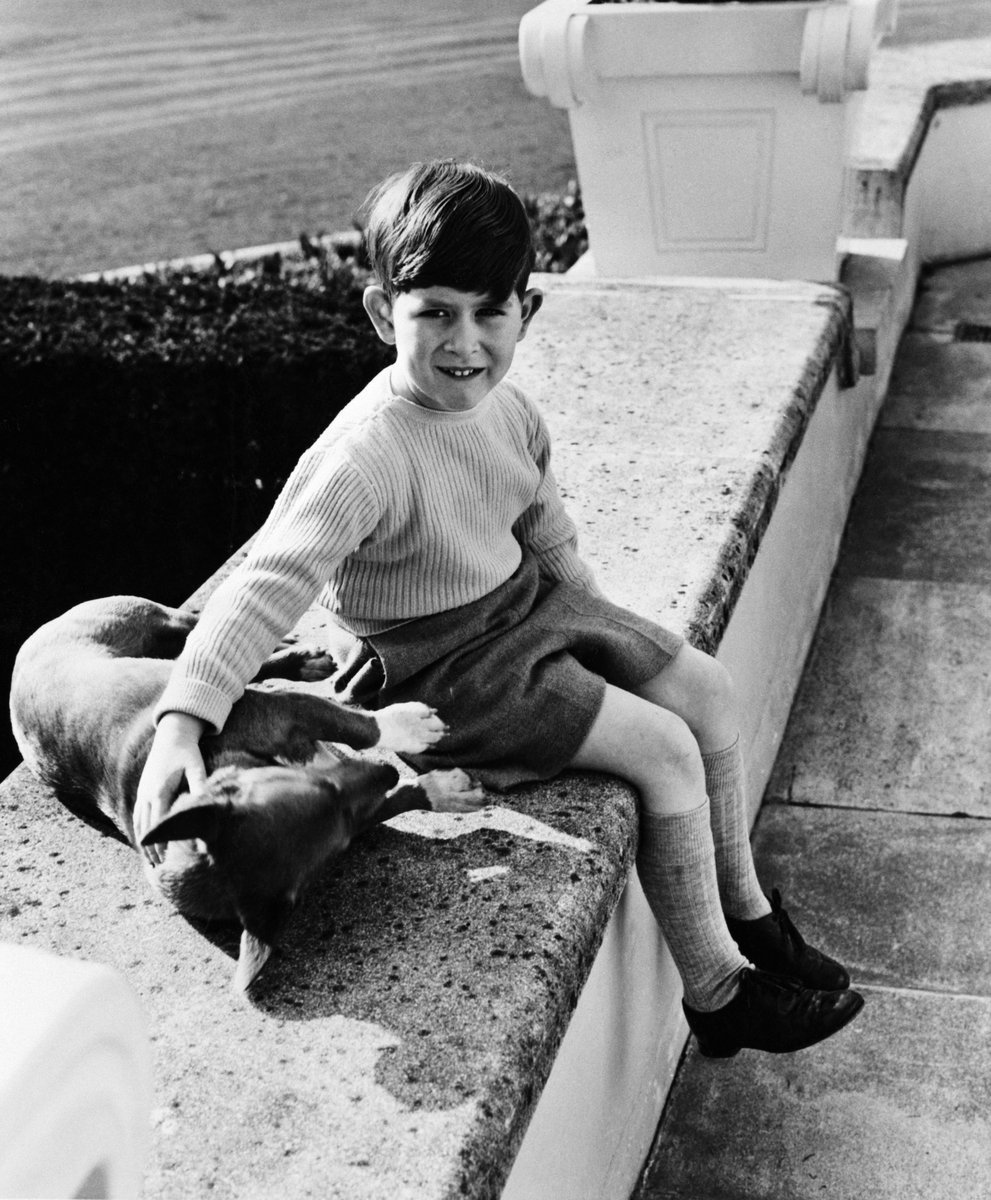
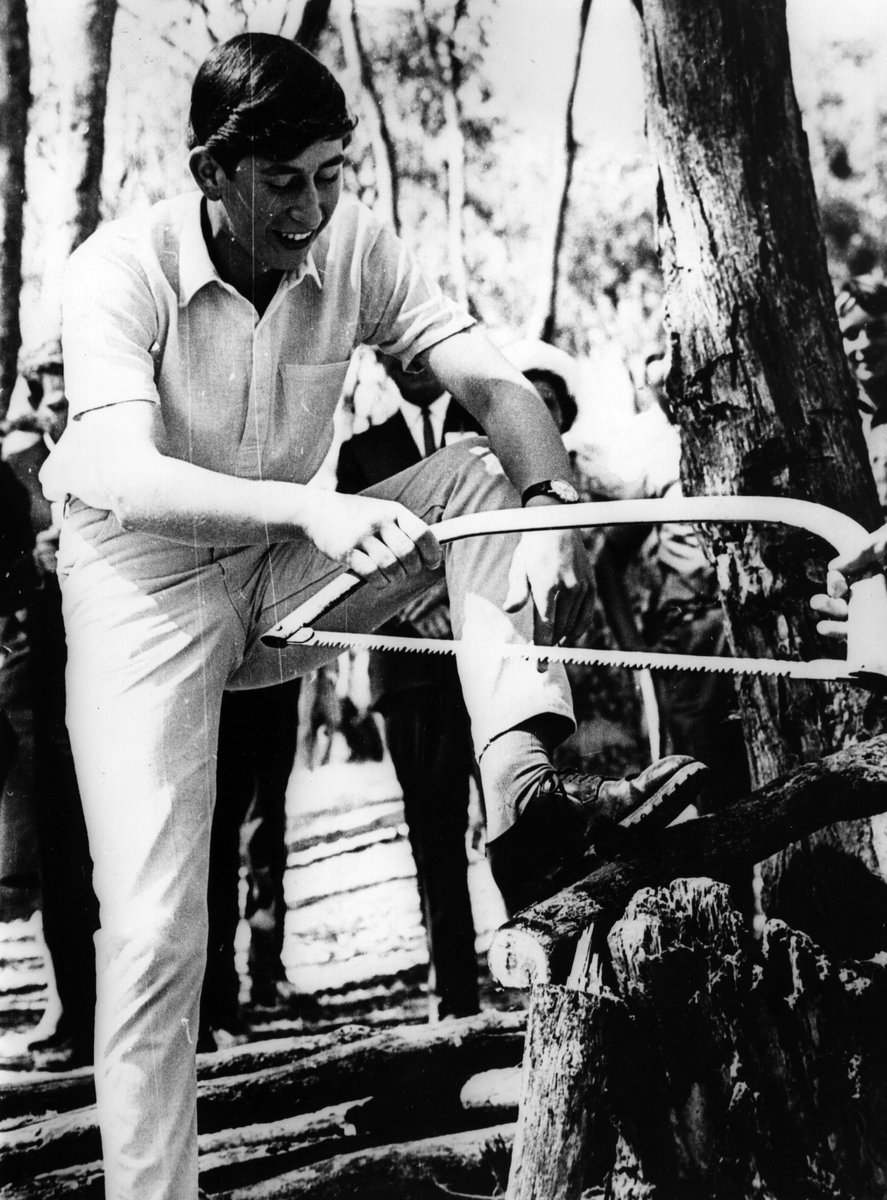
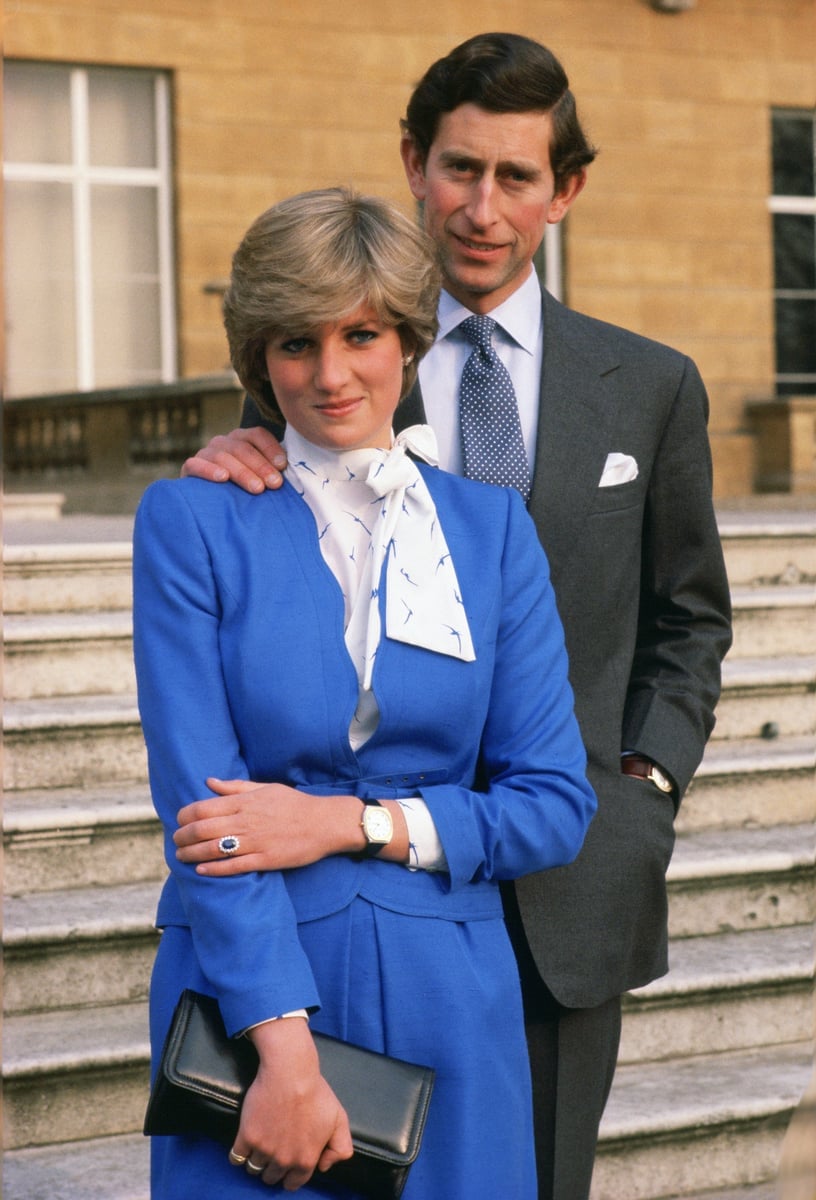
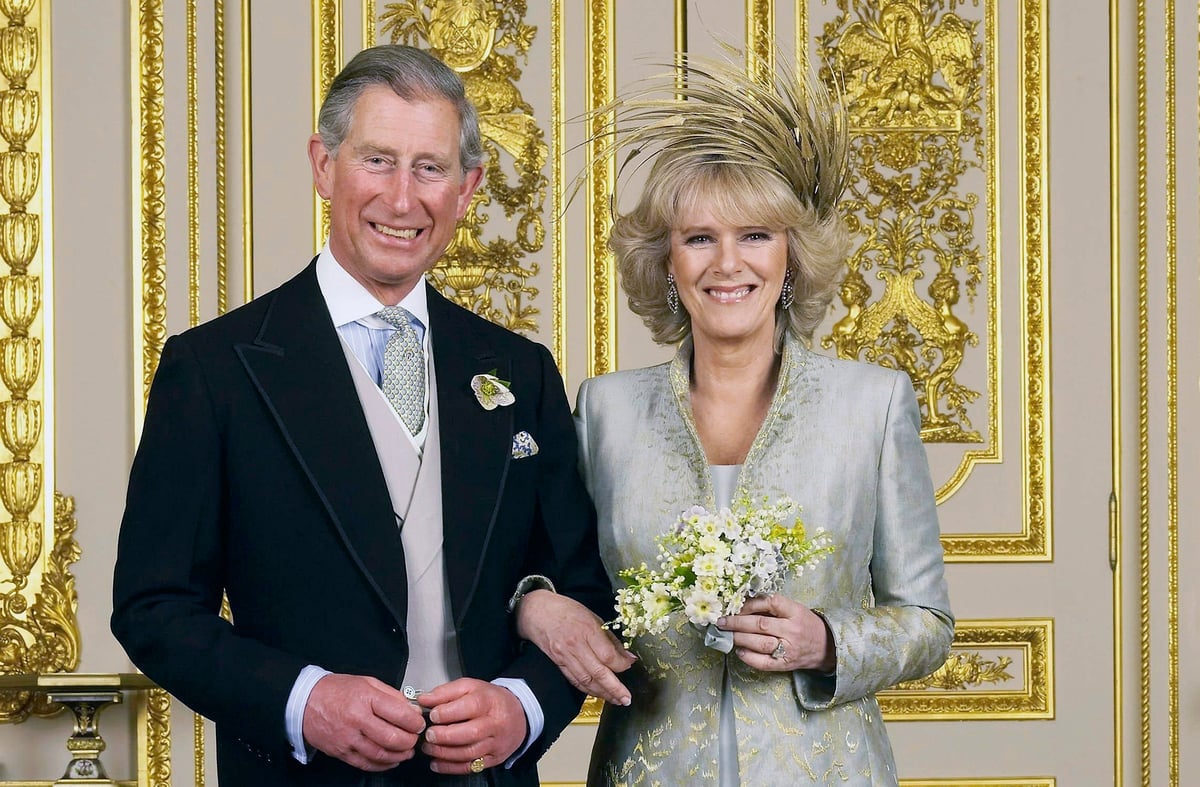
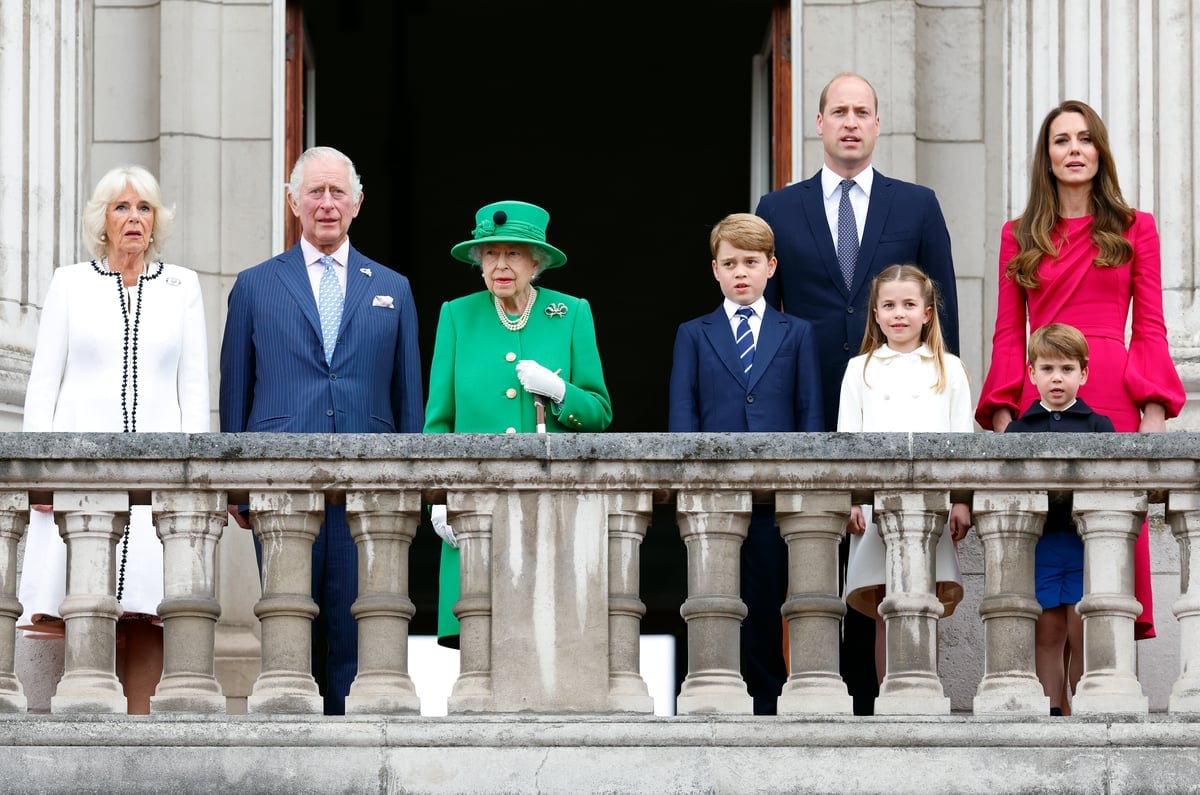
Top Comments